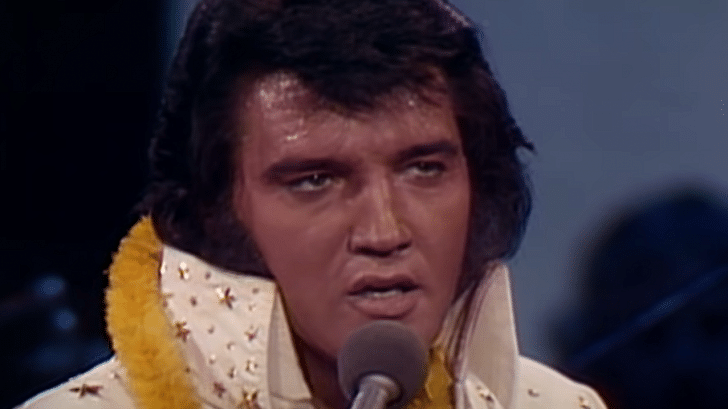Often hailed as the progenitor of rock ‘n’ roll, Elvis’s influence on the music world is immeasurable. As John Lennon of The Beatles once famously said, “Before Elvis, there was nothing.” His journey from a humble young artist to a global superstar symbolized the unfettered power of music, globalization, and technological progress in the 20th century.
In the vibrant era of the 1950s, Elvis’s musical prowess captivated the hearts of young and old.
However, fame didn’t shield him from his duties. In 1958, at the peak of his stardom, Elvis willingly joined the US Army, despite fervent petitions from fans requesting special treatment. “The Army can do anything it wants with me,” he asserted, showcasing his humility and dedication.
After serving as an armour intelligence specialist in Germany, Elvis returned to his music career in 1960. His artistic journey took a poignant turn with the movie ‘Blue Hawaii’ in 1961, where he starred and contributed to the soundtrack. Among the heartfelt tracks was ‘Can’t Help Falling in Love’, a ballad that marked a shift in his musical trajectory, emphasizing emotional depth over upbeat rock ‘n’ roll.
View this post on Instagram
As the 1970s unfolded, Elvis embraced mournful tunes like ‘You’ll Never Walk Alone’, ‘Kentucky Rain’, and ‘I’ll Remember You’. Yet, the pinnacle of his emotional expression was yet to come.
In 1973, amidst his iconic Las Vegas residency, a performance resonated deeply with fans worldwide. At the Honolulu International Center, Elvis, during a live satellite broadcast titled ‘Aloha from Hawaii via Satellite’, shared a soul-stirring rendition of ‘I’m So Lonesome I Could Cry’. Before singing, he uttered words that revealed the depth of his connection to the song: “I’d like to sing a song that’s probably the saddest song I ever heard.”
What followed was a mesmerizing performance, showcasing Elvis’s ability to infuse raw emotion into every note.
His rendition of the 1949 country classic, originally by Drifting Cowboys and Hank Williams, captured the essence of loneliness and heartache, touching the souls of everyone who listened.
This performance highlights Elvis Presley’s ability to transcend mere music, delving deep into the realm of human emotions. Through his voice and presence, he immortalized the pain and melancholy of ‘I’m So Lonesome I Could Cry’, making it not just a song but a profound and touching experience. Elvis, in that moment, didn’t just sing; he bared his soul, leaving an indelible mark on the hearts of listeners, reminding the world once again why he was, and always will be, the King of Rock ‘n’ Roll.

